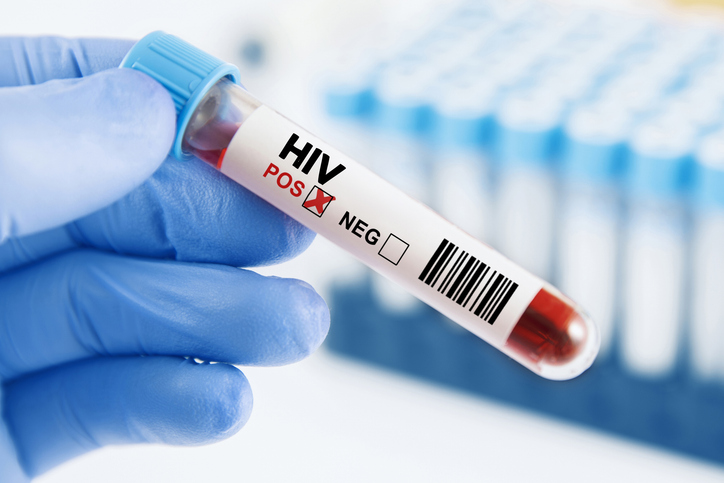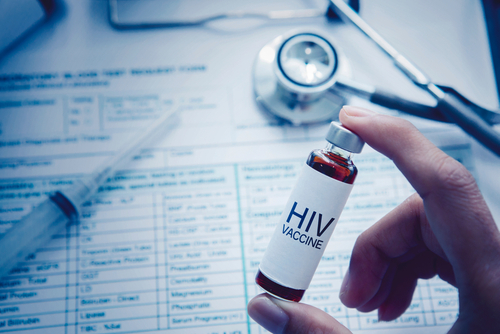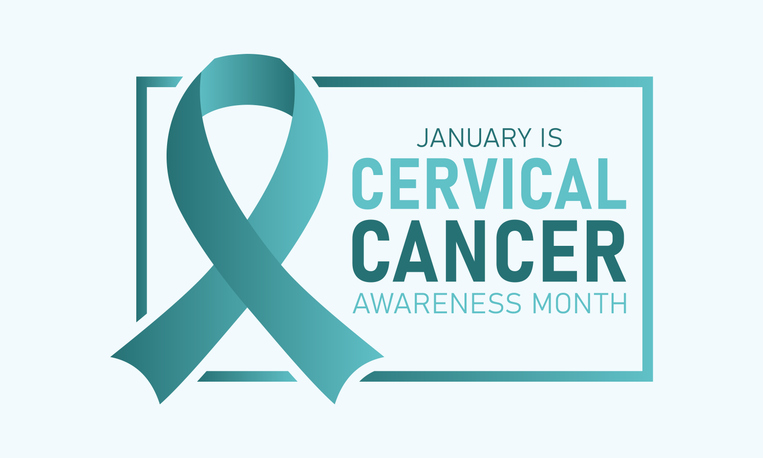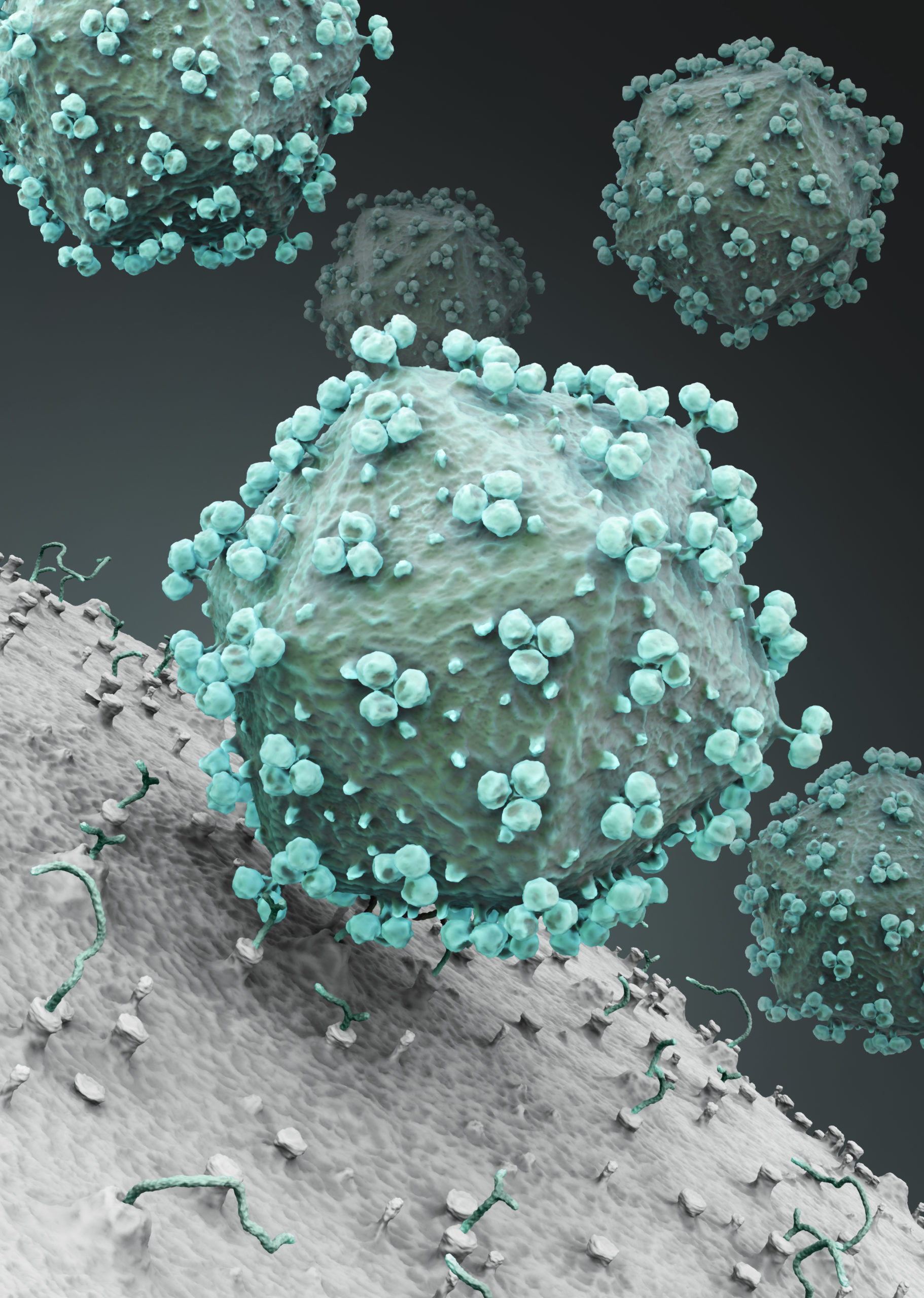
The artificial intelligence (AI) chatbot ChatGPT can help Black women better educate themselves on HIV prevention. The tool provides reliable and culturally sensitive information, according to a study published in the Journal of the Association of Nurses in AIDS Care.
“In addition to immediately available information, regardless of time or geographic location, privacy and anonymity can be maintained compared with being physically present in a clinical office setting,” lead investigator Rasheeta D. Chandler, PhD, RN, FNP-BC, FAANP, FAAN, an associate professor of nursing at Emory University in Atlanta, Georgia, and colleagues said of using ChatGPT. “This is especially helpful for those who need accurate health care education on a new or current diagnosis without the fear of judgment, stigma, bias, or discrimination.”
To assess if a free version of ChatGPT could provide relevant and sensitive HIV-related information to Black women, researchers submitted 8 prompts:
- Prompts 1 and 2—I would like to simulate some interactions between ChatGPT and a woman [Black woman] who is self-educating about HIV prevention.
- Prompts 3 and 4—Can you give me information about HIV prevention in Black women [women]?
- Prompts 5 and 6—Can you give me information about HIV PrEP in women [Black women]?
- Prompts 7 and 8—I’m a Black [White] woman in college. My doctor mentioned HIV prevention at my last appointment. I don’t fully understand. Can you tell me more about it?
ChatGPT Responses Demonstrate Positive Understanding
Based on the prompts given to ChatGPT, researchers made the following observations:
- Transcript 2 (the response to prompt 2) acknowledged the user’s racial background while providing a deeper level of detail about access to PrEP than Transcript 1. It also offered information about financial assistance options, suggesting a heightened awareness of potential disparities in health care access based on race, and it did so in a supportive and engaging tone.
- Transcript 5 provided a clinically straightforward and medically focused explanation of PrEP.
- Transcript 6 offered a more holistic and socially conscious approach, mentioning the disproportionate impact of HIV among Black women and delving into health care disparities, stigma reduction, and the importance of creating community support networks.
- Transcript 7 adopted a compassionate tone and acknowledged the user’s identity as a Black woman in college. Furthermore, the AI tool stated, “Remember that your doctor mentioned HIV prevention because they care about your well-being.” This empathetic comment, the researchers noted, appears to be a deliberate effort to address the history of medical mistrust in the Black community.
- Transcript 8 maintained a straightforward style and neutral tone, not addressing the user’s racial identity or that she is in college.
“Traditional modes of health education often face challenges in reaching and engaging marginalized communities,” Dr. Chandler and colleagues noted. “ChatGPT offers a novel opportunity to bridge these gaps by providing accessible, on-demand, and personalized information.”
Despite the positive results, the investigators urged caution, saying it is essential to remain vigilant about the quality and accuracy of information provided by ChatGPT to ensure that it aligns with evidence-based practices and the unique health care needs of Black women. “It will be important to monitor AI’s training and capability to present an equitable tone and provision of information without bias,” they concluded.







 © 2025 Mashup Media, LLC, a Formedics Property. All Rights Reserved.
© 2025 Mashup Media, LLC, a Formedics Property. All Rights Reserved.